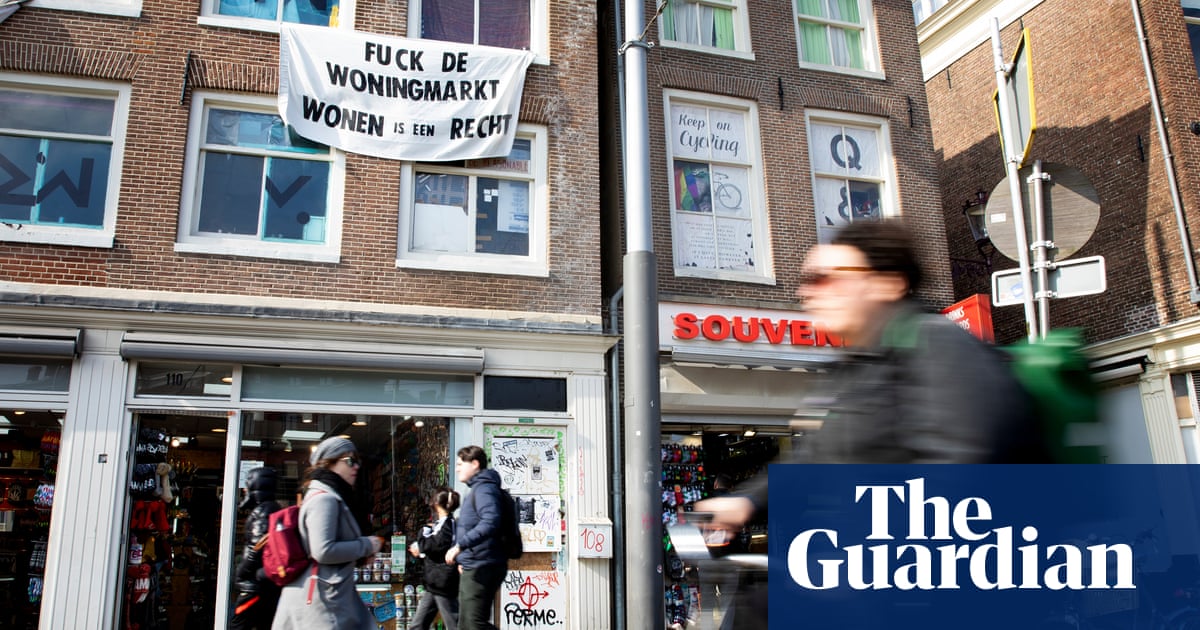Amsterdammers find themselves at the nadir of a Europe-wide housing shortage. But some bold initiatives offer hope
…
In a pan-European housing crisis, the Netherlands’ is next level. According to independent analysis, the average Dutch home now costs €452,000 – more than 10 times the modal, or most common, Dutch salary of €44,000.
That means you need a salary of more than twice that to buy one. Nationwide, house prices have doubled in the past decade; in more sought-after neighbourhoods they have surged 130%. A new-build home costs 16 times an average salary.
The rental market is equally dysfunctional. Rents in the private sector – about 15% of the country’s total housing stock – have soared. A single room in a shared house in Amsterdam is €950 a month; a one-bed flat €1,500 or more; a three-bedder €3,500.



I just don’t get this though. Shouldn’t high density housing be the most efficient? Why is it not constructed till its at just about the cost of construction. It should be the least profitable real estate given the low land use.
If they construct more houses then the prices go down.
And they want the prices to go up.
It is the most efficient but I guess since demand is so high landlords can increase rents a lot, even if space is used super neat. At least in my country there is still a huge drain into the cities and renting/buying in the countryside is way more affordable. My second guess is that it’s not that easy to build new housing, even if more efficient, in already dense cities. Nobody wants to tear older houses down (expensive) if it still works and you can make a good living on renting them. Maybe some incentive on building newer housing could be a start.
Just because it is efficient doesn’t mean it is enough.